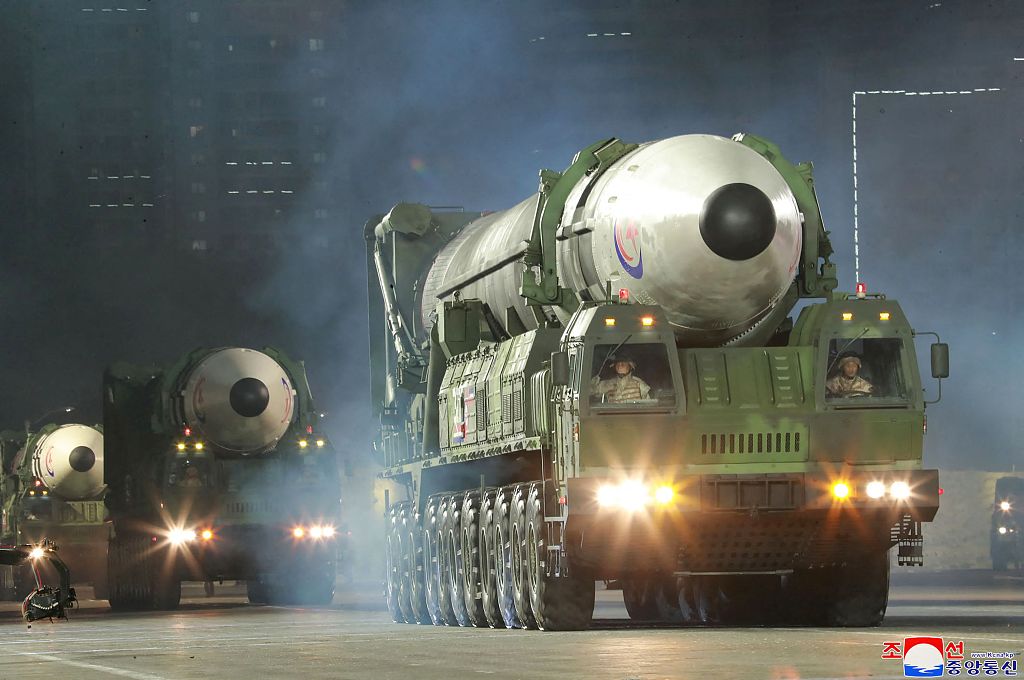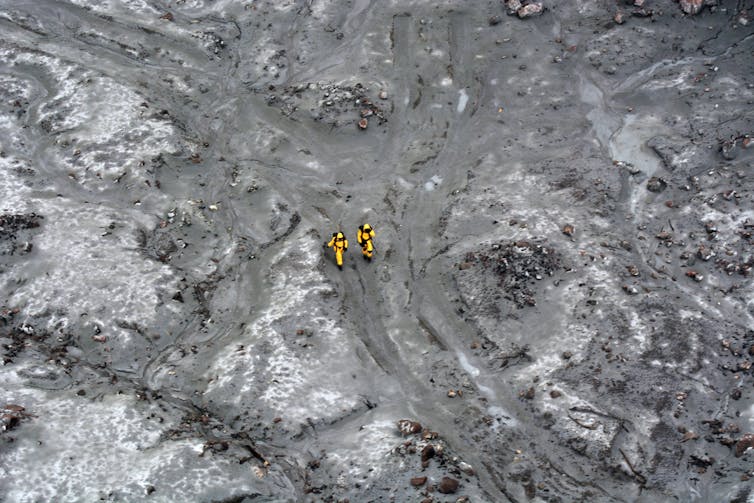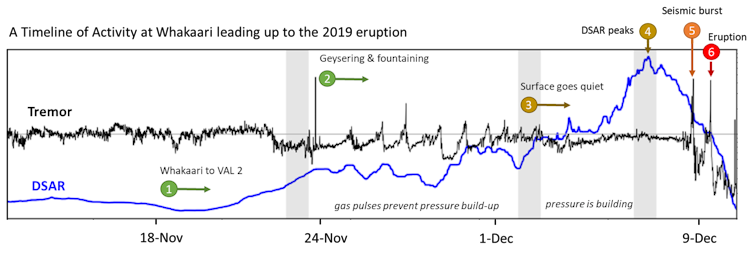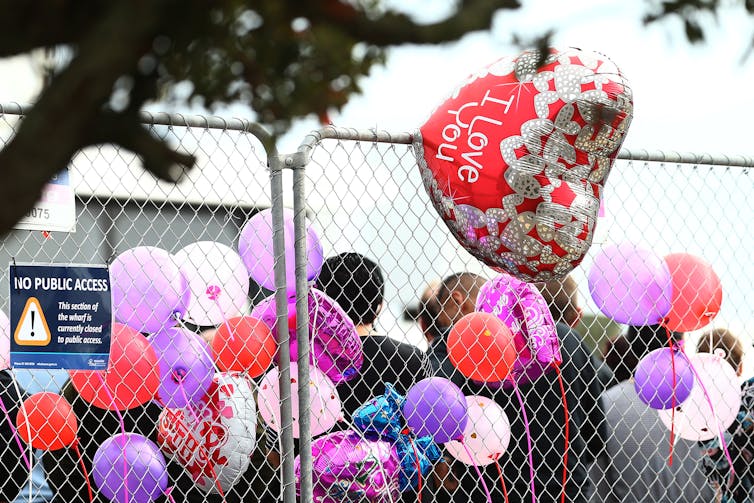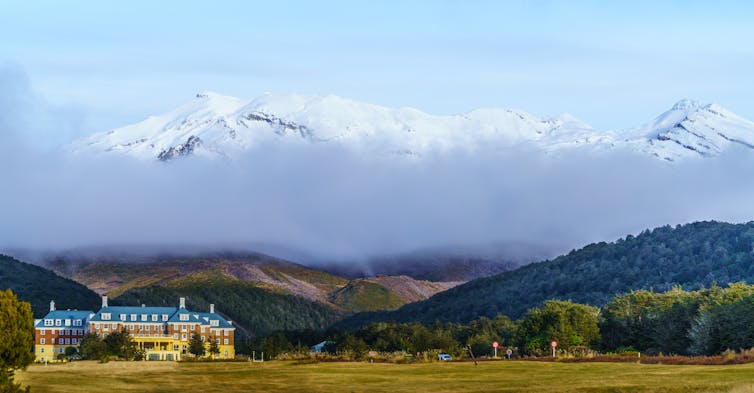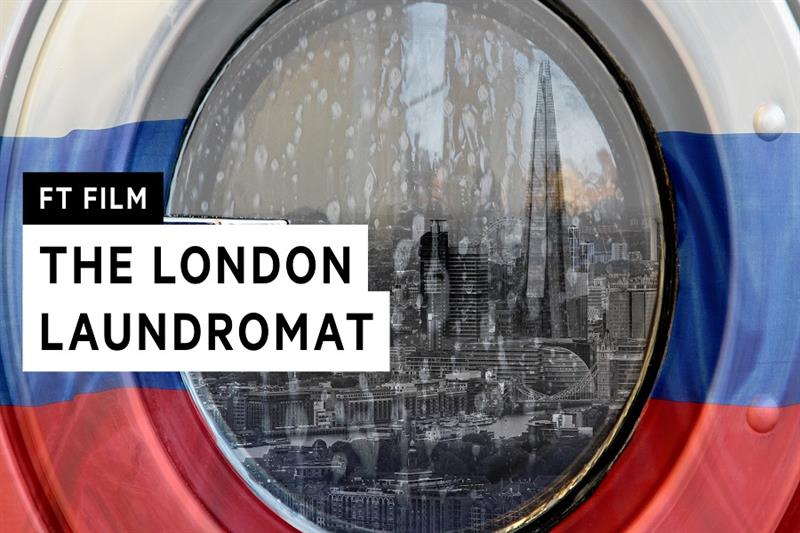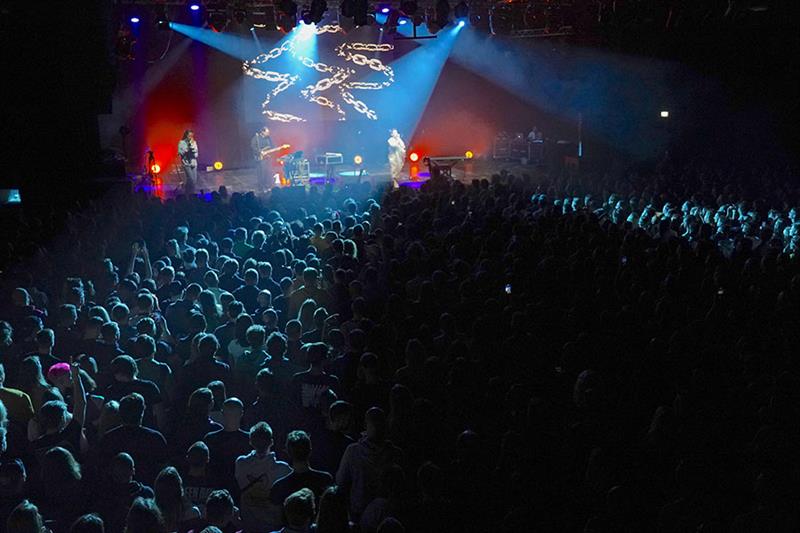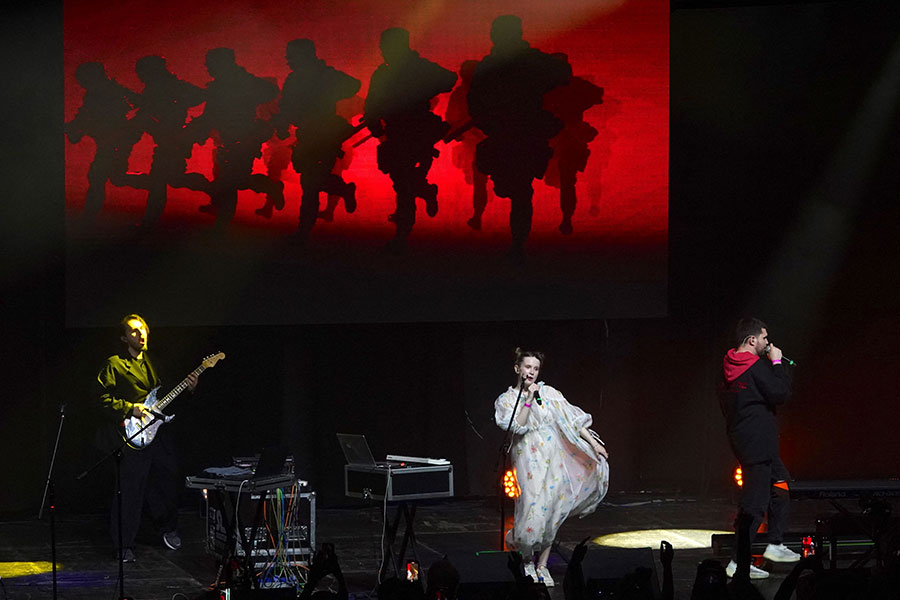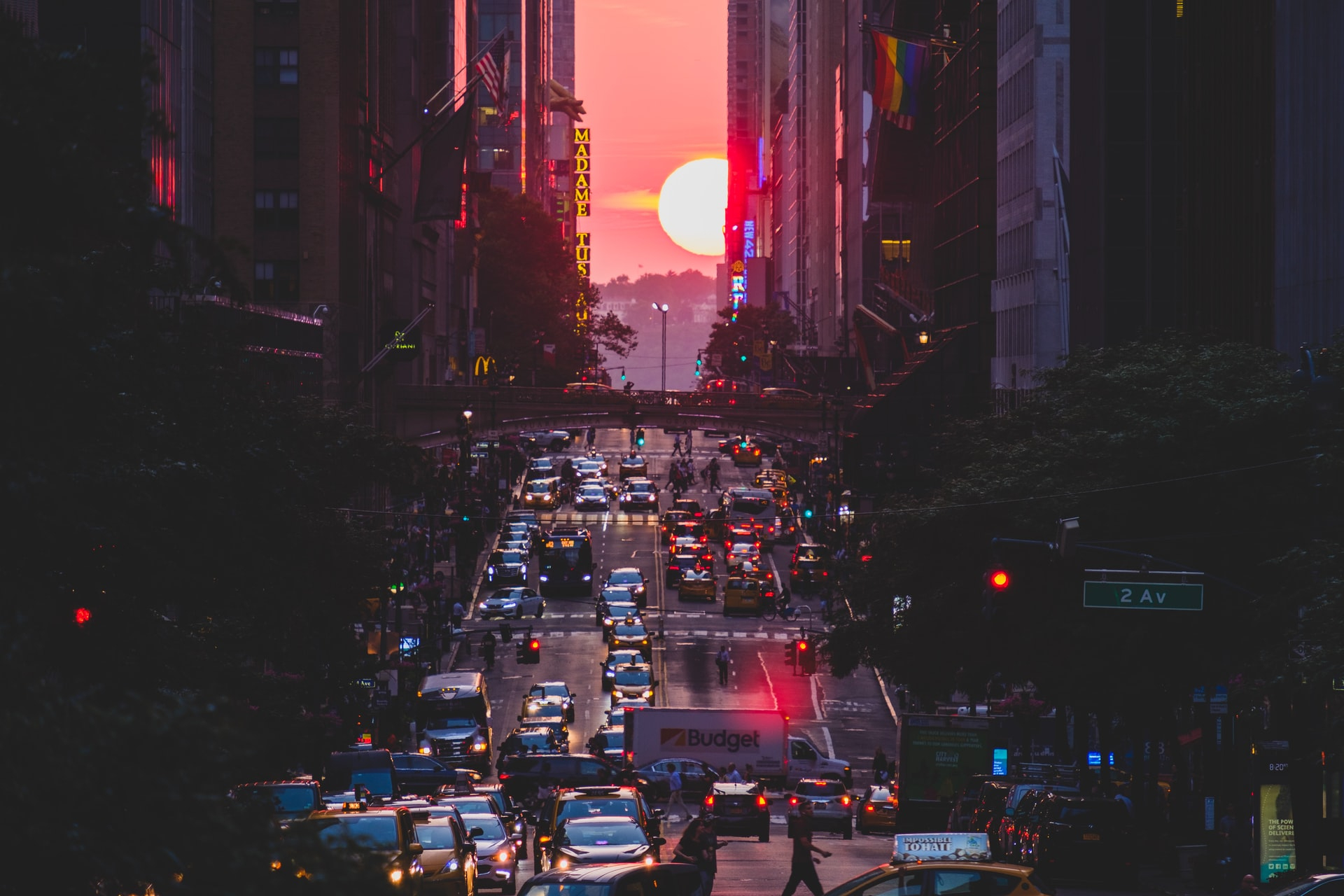
TEHRAN (FNA)- Russia’s starting position is that atomic war should be unacceptable and Moscow successfully persuaded the US and other nuclear powers to agree on that back in January, Foreign Minister Sergey Lavrov said in an interview on Monday. However, he added that the situation has since deteriorated to the point where there is a real and serious threat of such a conflict.
Russia tried to persuade US President Donald Trump to recommit to the 1987 statement by US and Soviet leaders that there can be no winners in a nuclear war, and that such a war should never be fought, Lavrov revealed in the interview with the ‘Great Game’, a political show on Russia’s Channel One.
While the Trump administration declined to do so, his successor Joe Biden “quickly” agreed with Moscow, and the statement was made at the summit with Russian President Vladimir Putin in Geneva, in June 2021.
China, France and the UK – the remaining three nuclear powers that are also permanent members of the UN Security Council – agreed as well, and made a joint statement in January 2021.
“This is our principled position. We start from it,” Lavrov said.
However, the risks of nuclear war are now “very significant. I don't want them artificially inflated. There are many who would wish for it. The danger is serious, real. It cannot be underestimated,” he added.
Lavrov praised as “good and wise” the Biden administration’s first foreign policy move, which was to agree with Russia that the New Start treaty should be unconditionally extended for 5 years. On the other hand, it is the last arms control agreement left standing, after Washington pulled out of the ABM, INF and Open Skies treaties.
Discussions with US working groups abruptly ended in February, after Russia was “forced to defend the Russians in Ukraine” that had been “bombed for eight years without any reaction from the West”, Lavrov noted.
Russia’s top diplomat compared the current situation to the 1962 Cuban missile crisis – the Caribbean Crisis, as it is known in Moscow. Back then, he stated there weren’t many “written” rules, but the implicit rules of conduct were clear for both Washington and Moscow to follow.
“In those years, there was a channel of communication that both leaders trusted. Now there is no such channel. Nobody is trying to create it. Separate timid attempts made at an early stage did not give much result,” Lavrov added.
In place of the implicit rules of that era, Lavrov said, today “rules are a buzzword the US and its allies use when they are required to behave ‘nicely’”.
"They no longer insist on international law, but on respect for the ‘rules-based world order’, in which the ‘rules’ are never explained in any way," he stressed.
Right now, everyone is “casting spells” saying that a Third World War should not be allowed to break out, Lavrov announced, while adding fuel to the fire by sending weapons to Ukraine and hoping to prolong the conflict in order to bleed out Russia.
The US and the UK advise Ukrainian President Volodymyr Zelensky to tighten Kiev’s position at every round of talks with Moscow, Lavrov claimed.
"As for the talks, we know it for sure, that neither the US nor the UK, which seeks to compensate for its current lonely status after the exit from the EU with its unbridled activity, advises Zelensky to speed up the talks. They advise Zelensky to tighten his position every time," he said.
Washington has renounced practically all contacts with Moscow against the background of Russia’s special military operation in Ukraine, the FM added.
"The US gave up on practically all contacts because we were forced to defend the Russians in Ukraine, who had been bombarded for eight years without any reaction whatsoever form the West, except to encourage Russophobic and neo-Nazi actions of the Kiev regime, when the Russian language was outlawed everywhere - in education, in media, in everyday live, while the neo-Nazi and Nazi theories and practices were encouraged legislatively," Lavrov said.
He also stressed that the US and its allies are using the term ‘rules’ that they apply when everyone is required to behave well, insisting not on respect for international law, but on respect for the world order based on the rules.
"These rules have not been translated in any way", and they are not applicable to Russia, since it respects international law, he continued.
"We respect it and we respect the UN Charter and the key provision of the UN charter which says that the sovereign equality of the states is the main principle," he added.
Kiev backed out of a number of proposals for a treaty with Moscow, which the Ukrainian side proposed during the negotiations in Istanbul, Lavrov said.
"This is how they acted [backed out] on a number of other proposals, which they put forth in Istanbul. Once again, I underscore that these proposals were perceived positively in general," the foreign minister said.
Weapons that Western states ship to Ukraine will later spread to the countries that they were shipped from, Lavrov added.
"As previous experience indicates, these weapons will spread from Ukraine, just like from any other poorly controlled country, […] where neo-Nazi battalions do not follow the commander-in-chief’s orders, to other states, including to the very states that they are being shipped from now," he underlined.
Lavrov pointed out that, in addition to tanks and armored vehicles, thousands of man-portable air defense missile systems (MANPADs) are being shipped to Ukraine.
"This is a terrorists’ weapon," he noted.
"By the way, we had an agreement with the Americans on mutual informing about shipment of MANPADs abroad for years for a reason; this made it clear for them that we will not give our weapons to bad hands, and we also understood that they would not do such mistakes," Lavrov underscored.
